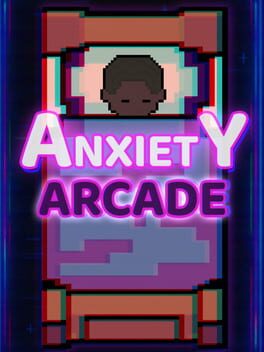PlayStation’s first-party strategy is getting a reset after Concord flopped and shut down, and Hermen Hulst has given one of the clearest statements yet on where things are headed. What matters now is fewer risky launches and more rigorous testing, because studio time and reputation are at stake.
Earlier in the generation, Sony promised ten live service titles, as reported back in 2022, that plan was public. Then Concord launched and folded a year ago, which prompted internal changes at PlayStation. Group testing and cross-studio sharing are apparently now part of the checklist.
The Financial Times ran a piece with Hulst that lays out what is changing; you can read it here: ft.com. He minced no words about numbers. Hulst said that the raw count of live service games is not the point, and he wants a diverse set of player experiences and thriving communities rather than chasing a headline number…
“The number [of live service games] is not so important. What is important to me is having a diverse set of player experiences and a set of communities. We have since put in place much more rigorous and more frequent testing in very many different ways. The advantage of every failure is that people now understand how necessary that [oversight] is.”
Sony has started doing much more group testing and intelligence sharing between studios. That sounds sensible. Kinda obvious, even. But who pays the price when projects are cancelled? Are studios better off throwing away a risky project sooner rather than letting it rot for years? Who ends up on the chopping block when leadership gets stricter? Wow, that is a hard question!
PlayStation is also looking at IP differently. Hulst said that new concepts must be able to expand beyond games into anime, film, TV, manga, comics, and more. So creative thinking and market planning are now tied even closer to how a game is greenlit and supported.
“We take a very intentional approach to IP creation […] understanding how a new concept can turn into an iconic franchise for PlayStation that can then again become a franchise for people beyond gaming.”
Live service money remains a significant portion of PlayStation’s revenue via microtransactions concentrated in a few titles. Hulst’s comments imply more checkpoints and oversight so another Concord-style flop won’t happen.
Will tighter checks kill daring ideas? Maybe. Guess they’re hoping it works. Industry watchers will be watching studio pipelines and greenlighting decisions more closely now, and publishers will be judged on whether they can protect creativity while protecting books.
Want to argue about Hulst’s approach or gripe about cancelled games? Drop a comment below and tell us what you think.


























